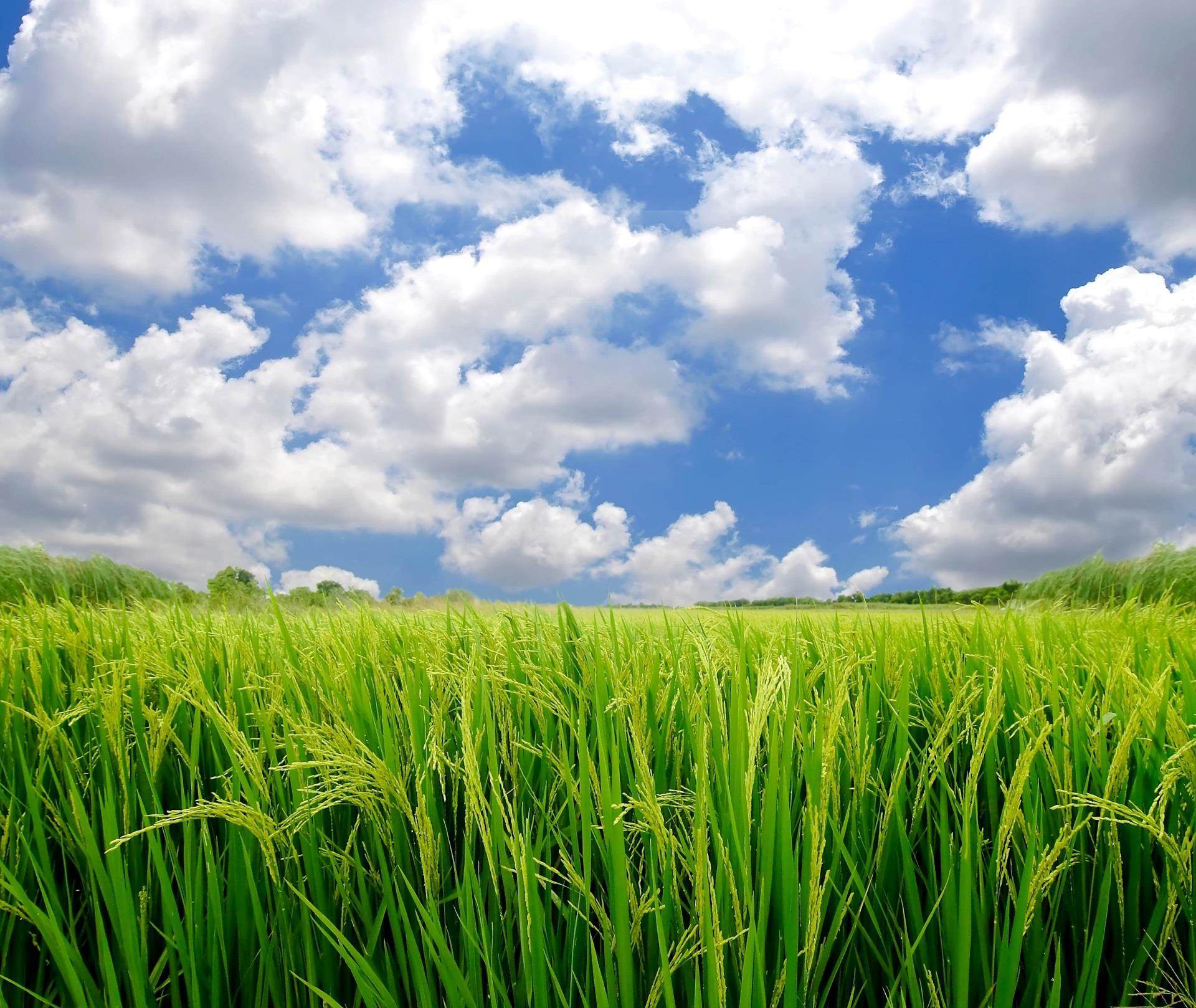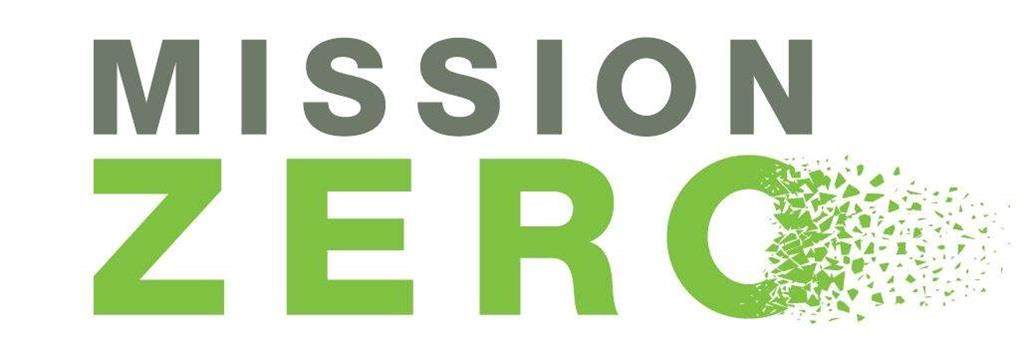Three ways to feed the world sustainably
The global population is growing at a rate of 1.05% per year. By 2050 there will be an estimated 10 billion people on Earth. With the Covid-19 pandemic demonstrating how easily the world can be disrupted, the importance of solid pillars supporting global stability is painfully clear. One of these pillars is long-term food security. Feeding the world in a sustainable way has never been more crucial and major changes are needed.
So, what is the solution? How can we feed the world now and in the future in a way that is not damaging to our planet? It is a huge and complex problem and there is no single solution. Only an integrated approach can make it possible: a global effort with many industries playing a part.
So, what is the solution? How can we feed the world now and in the future in a way that is not damaging to our planet? It is a huge and complex problem and there is no single solution. Only an integrated approach can make it possible: a global effort with many industries playing a part.

1. Make every seed count
One third of food currently produced globally is wasted or lost at some step of the supply chain. A significant reduction of this waste would certainly be a meaningful step toward a solution for the looming food crisis. Cutting out waste and raising efficiency in the agricultural process is another way. When it comes to sustainable food production making the most of what we have is crucial. In the growing process, the starting point is the seed.Good seed, when treated well and under the right conditions, will produce a healthy and abundant crop. Those conditions, however, can’t always be regulated. Climate, temperature or indeed the physiological condition of the seed itself, are factors that are often out of our control. But seed technology is highly advanced, and there are ways of optimising results to make sure that you get the very best out of each and every seed, whatever the conditions.
For example, the non-invasive method of separating top-quality seeds from all others in the batch. This technique assesses the seed embryo using X-ray technology and determines the health of each individual seed. This allows growers to focus their efforts into cultivating only those seeds that will give the best return. Other complex priming technologies trigger the developmental processes in seeds and bring all seeds in a batch to the same physiological phase - ready to germinate quickly and uniformly when sown. Seeds that all germinate at the same time, are far more likely to develop at the same rate too. So, when it comes to cultivation, the whole process is not only more efficient, but the grower no longer needs to discard seedlings that are lagging developmentally.
2. Integration of scientific and local knowledge
With the modern and sophisticated methods of the 21st century, we have come a long way since the early beginnings of agriculture. But the state-of-the-art scientific approach to growing crops is not currently implemented universally. Lack of financial resource, poor information and land tenure insecurities are but a few of the factors that stand in the way of agricultural improvement for many. Rapid population growth in developing countries goes hand in hand with a corresponding increase in demand for healthy food. Dissemination of knowledge and access to technologies that can increase agricultural yield in a responsible way are paramount to sustainable food security in these emergent nations.
Adopting new ways of precision farming are key drivers for increasing agricultural returns in both yield and income and will enable farmers to produce more and improve the quality of their product. But accessibility to these technologies is not enough. The technology needs to be adapted to suit these new markets where growers and farmers work in conditions and cultures that can’t be compared with those of the western world.
3. Always look for the most sustainable way
Legislative and regulatory authorities play an important role in protecting the planet and its inhabitants. Global, regional and national authorities regulate the practices and substances used in agriculture. An increasing number of legislative measures are imposed to prohibit products believed to be harmful. Often subject to controversy, these measures are nonetheless binding, and the agricultural industry adapts accordingly with the introduction of new practices.Real progressiveness, however, is in a more pro-active attitude. Anticipation of new regulations is a step forward, even better is change through the will to always look for the most sustainable solutions and the best possible quality. The good news is that change can be seen, and many companies are not waiting until legislation has them up against the wall but are taking the initiative in a responsible approach.
Croda, Incotec's parent company, recently announced their commitment to becoming people, land and climate positive by 2030. In line with this, Incotec launched 'Mission Zero' , our sustainability strategy - setting course to become substantially more sustainable. These are not empty promises. We will actively make seed treatment more sustainable, developing alternatives to replace microplastics in seed coatings, extending our range of organic products and working on techniques for the successful implementation of biologicals as seed protection.

Mission Zero - Incotec's sustainability strategy
Sustainable to the max!
We always look for the most sustainable solutions to help our customers achieve their goals.
Read more
How does Incotec contribute to sustainable agriculture?